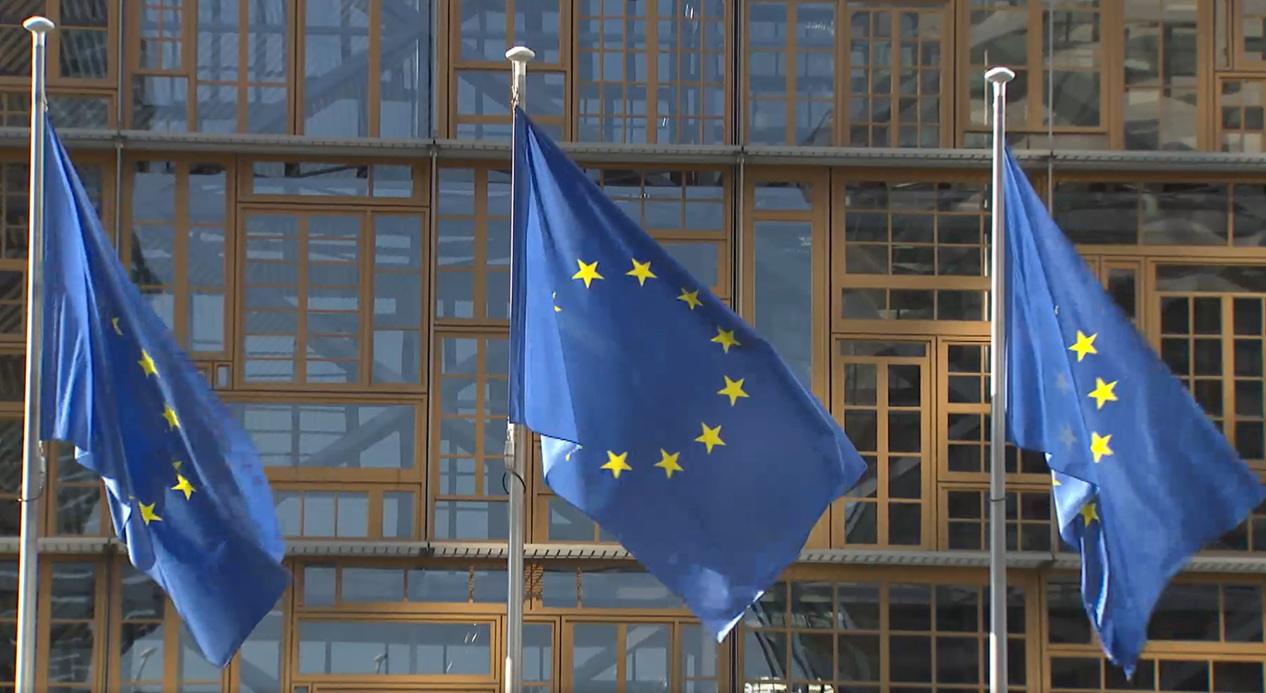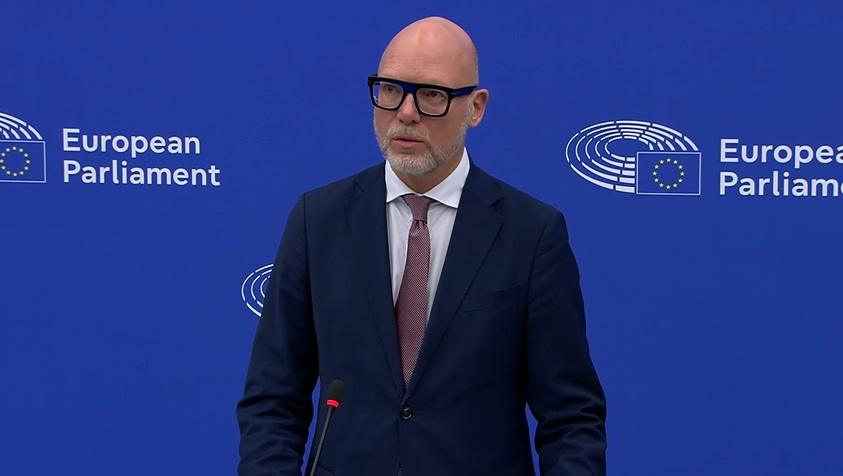EU Parliament, Council Agree to Remove 90% of Companies from CBAM Carbon Import Tax
Lawmakers in the European Parliament and Council announced today that they have reached an agreement on changes to the carbon border adjustment mechanism (CBAM), the EU’s carbon tax on imported goods, including introducing a new threshold to the regulation that would exempt 90% of importers – primarily smaller businesses – from the CBAM rules.
While removing the vast majority of companies from the carbon import tax, the lawmakers noted that the changes would leave the impact of the regulation largely intact, with 99% of emissions from key carbon intensive industries’ imports such as iron, steel, aluminum, cement and fertilizers, remaining in the CBAM scope.
Parliament’s rapporteur Antonio Decaro said:
“We have answered calls from companies to simplify and streamline the process and exempted 90% of importers of CBAM goods to facilitate competitiveness and growth for our businesses. As the CBAM will still cover 99% of total CO2 emissions, we have maintained the EU’s environmental ambitions and remain fully committed to a just transition and to achieve climate neutrality by 2050.”
Adopted in 2023, and coming into force in 2026, CBAM was established to avoid “carbon leakage,” a situation in which companies move production of emissions intensive goods to countries with less stringent environmental and climate policies. CBAM is aimed at equalizing the price of carbon paid for EU products operating under the EU Emissions Trading System (ETS) – the EU’s internal cap and trade carbon pricing mechanism – with that paid for products produced in other countries, with companies that import into the EU required to purchase CBAM certificates in order to make up the difference
The new changes to CBAM form part of the European Commission’s Omnibus I package, launched in February 2025, aimed at significantly reducing the sustainability reporting and regulatory burden on companies. Many of the most significant measures proposed by the Omnibus package are targeted at smaller businesses, in alignment with the recent release by the Commission of its “Competitiveness Compass” aimed at boosting Europe’s productivity and global competitiveness, which included goals to reduce reporting burdens by at least 25% for all companies, and 35% for SMEs.
The new agreement supports the Commission’s proposal to introduce a new threshold into the CBAM, in which imports up to 50 tonnes per importer per year will not be subject to CBAM rules, replacing a prior threshold exempting goods of negligible value. According to Parliament and the Council, this will primarily remove SMEs and individuals, which import small or negligible quantities of goods, from CBAM compliance requirements.
In addition to the new threshold, the new agreement includes a series of other simplification measures for CBAM goods importers, covering aspects such as the authorization procedure, data collection processes, calculations of embedded emissions, emission verification rules, and the financial liability of authorized CBAM declarants, as well as strengthening the regulation’s anti-abuse provisions.
With the agreement in place, the changes will require final endorsement from both Parliament and Council before entering into force.
Adam Szłapka, Minister for the European Union of Poland, said:
“Today’s provisional agreement with the Parliament is yet another step towards reducing administrative burden for our companies and further boosting EU competitiveness.”





